As a rare book dealer, I am often asked “Do you actually read any of the books you sell?” Well, yes. In fact, it is fascinating what one can learn by actually spending time to read very old books first hand. Here are 6 surprising things I learned from this English book printed in London in the 1615, the year before Shakespeare died.
More info: youtube.com
Here is the book: a copy of John Stow’s Annales printed in 1615
Stow was one of the most famous Elizabethan historians, despite having never attended grammar school.
Here is the binding. Now, let’s look inside
First fact: In 1560 Queen Elizabeth received the first silk stockings made in England as a New Year’s gift. She developed a great fondness for them and they became immensely popular, so much so that by 1589 a patent was filed for a machine to make stockings. The socially conscious Queen would have nothing of it! “I have too much love for my poor people who obtain their bread by the employment of knitting to give my money to forward an invention that will tend to their ruin by depriving them of employment and thus making them beggars,” she reputedly said. Nevertheless, the automated stocking machine helped kick off the Industrial revolution and we still struggle with the effects of worker replacement by automation.
Second fact: Anne Askew (1521 – 1546), a protestant martyr, was one of the earliest-known female poets to write in the English language, the first English woman to demand a divorce, and one of only two women known to have been confined to the Tower of London and BURNT at the stake.
Third fact: Statford Upon Avon, the birthplace of Shakespeare, partially burned in 1614, the year before Shakespeare died. Whatever happened to Shakespeare’s lost manuscripts is one of the world’s great mysteries, but perhaps they went up in flames.
Fourth fact: carpes, piccarels (fish) and beer came into England for the first time in a single year in the reign of Henry VIII. Sir Walter Raleigh was later credited with bringing potatoes. Anyone who enjoys Fish & Chips and a good pint of beer to wash them down should be most thankful.
Fifth fact: If you wanted to take classes at the University of London in 1615, besides, for example, the expected theology, grammar, & arithmetic. You could also take pyrotechnics, the art of swimming and how to be a good gladiator! I have a sense the gladiator class had a waitlist.
Sixth fact: Cosmetics were evidently frowned upon. Here every woman is warned that women “whose beauty be natural are the fair creatures of God, but those women that make themselves fair by art (i.e. make-up) are the creatures of the Devil.” Forget the Devil wears Prada – the Devil in 1615 wears Revlon.
3Kviews
Share on FacebookFascinating but I pretty sure England had beer way before Henry Vii. Also wouldn't that white lead Elisabeth spackled her face with be considered cosmetics?
There was a difference between ale, which was a standard drink because the water was too dirty to drink, and beer that required the addition of things like hops... which were only introduced into the country about this time.
Fascinating but I pretty sure England had beer way before Henry Vii. Also wouldn't that white lead Elisabeth spackled her face with be considered cosmetics?
There was a difference between ale, which was a standard drink because the water was too dirty to drink, and beer that required the addition of things like hops... which were only introduced into the country about this time.

 Dark Mode
Dark Mode 

 No fees, cancel anytime
No fees, cancel anytime 



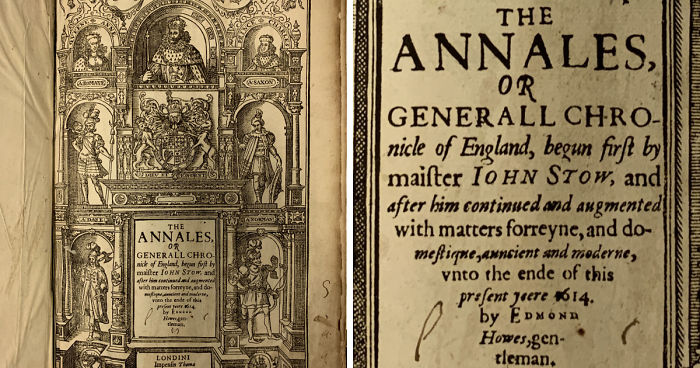
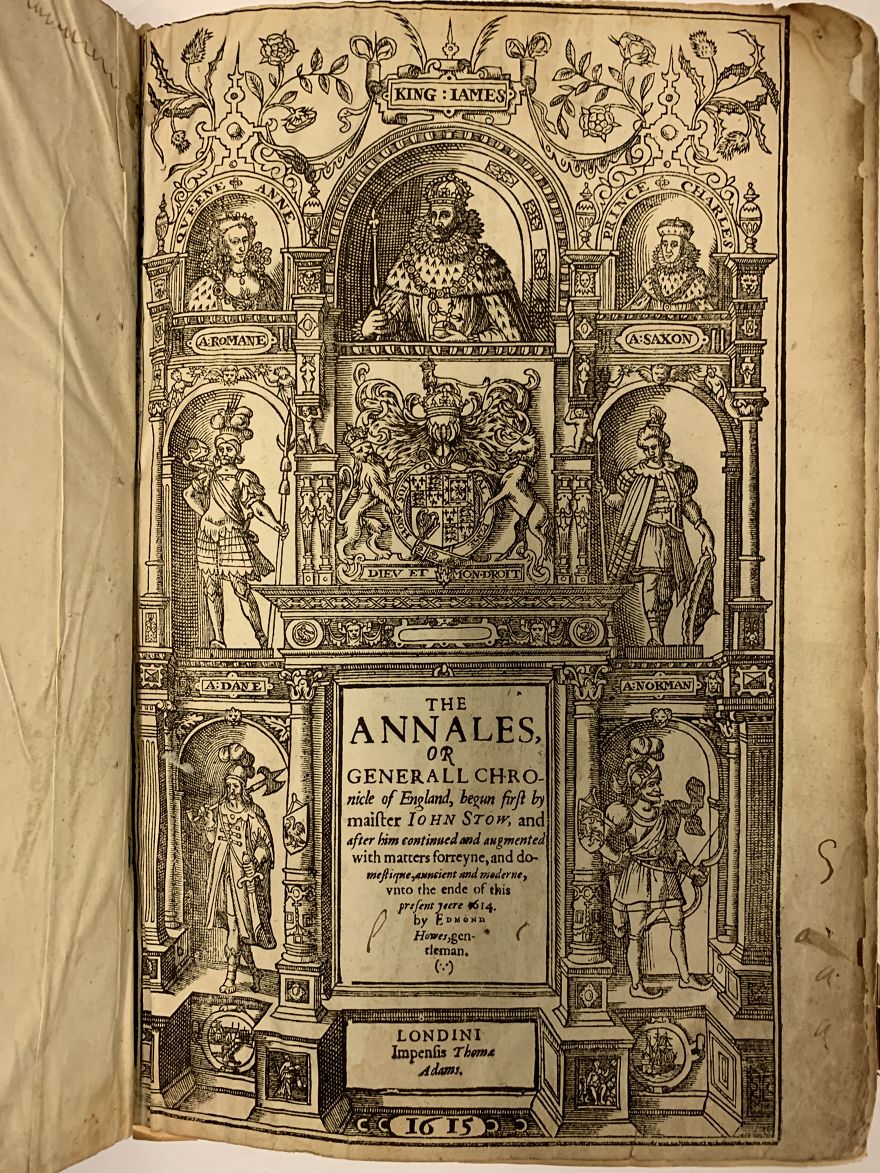
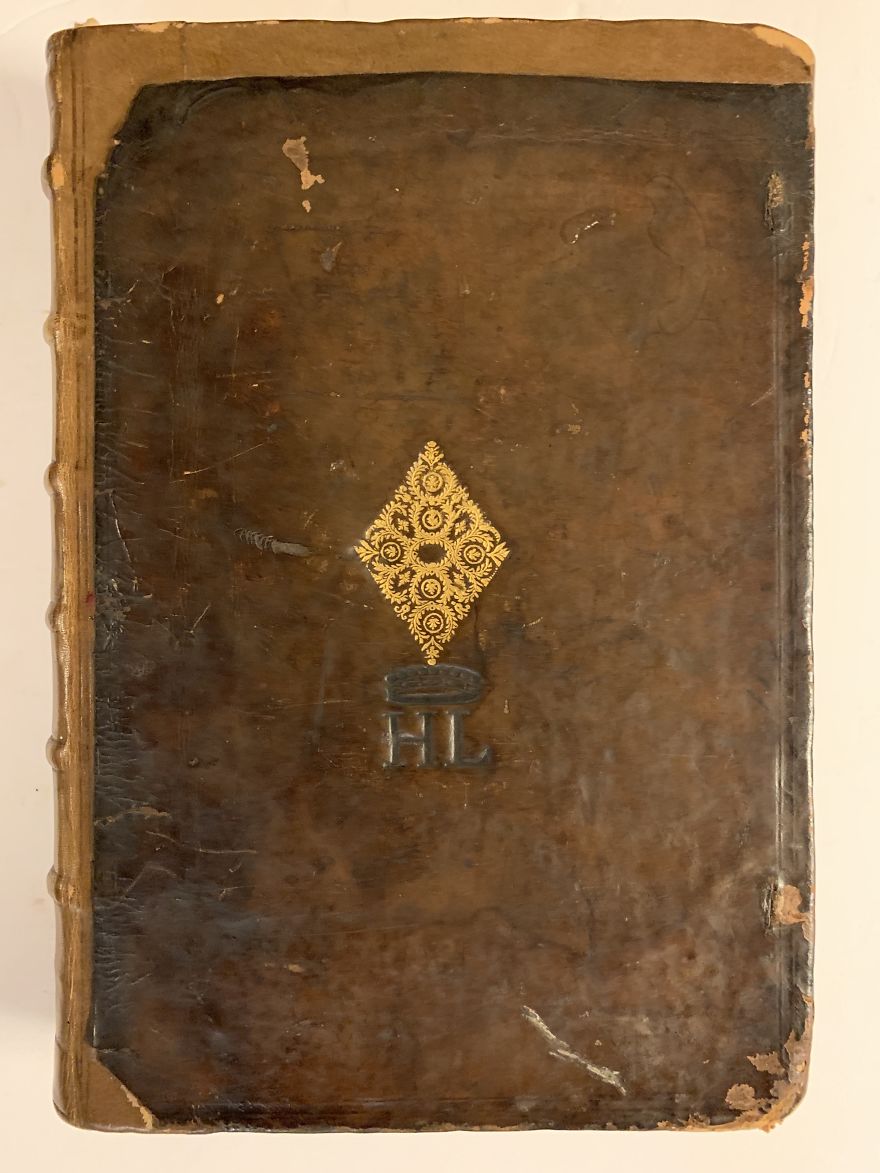
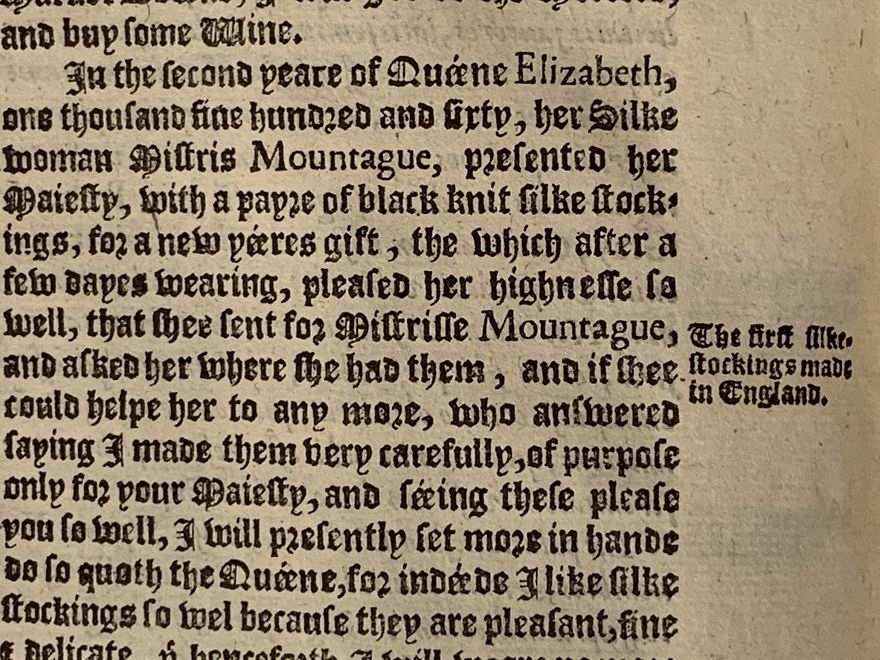
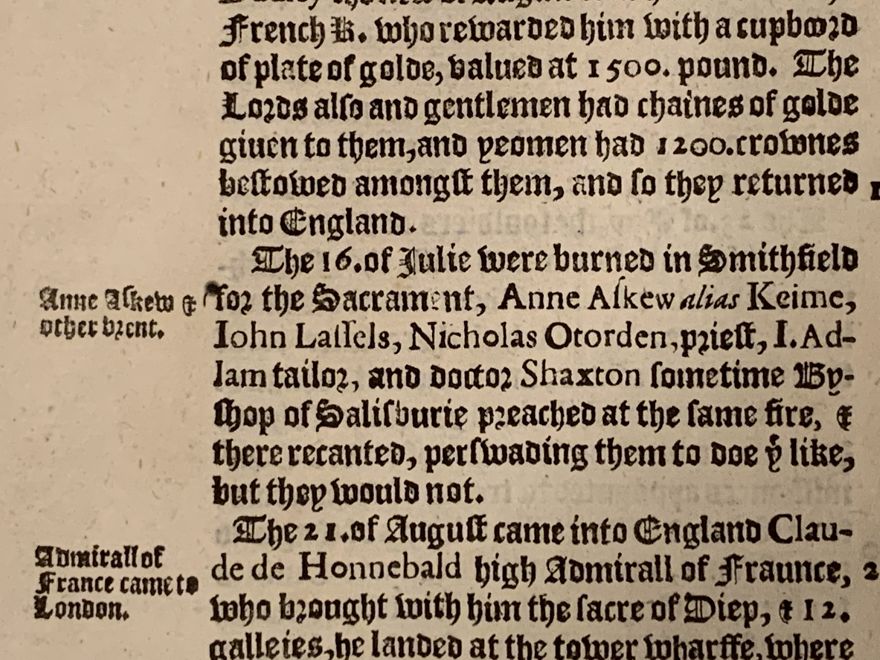
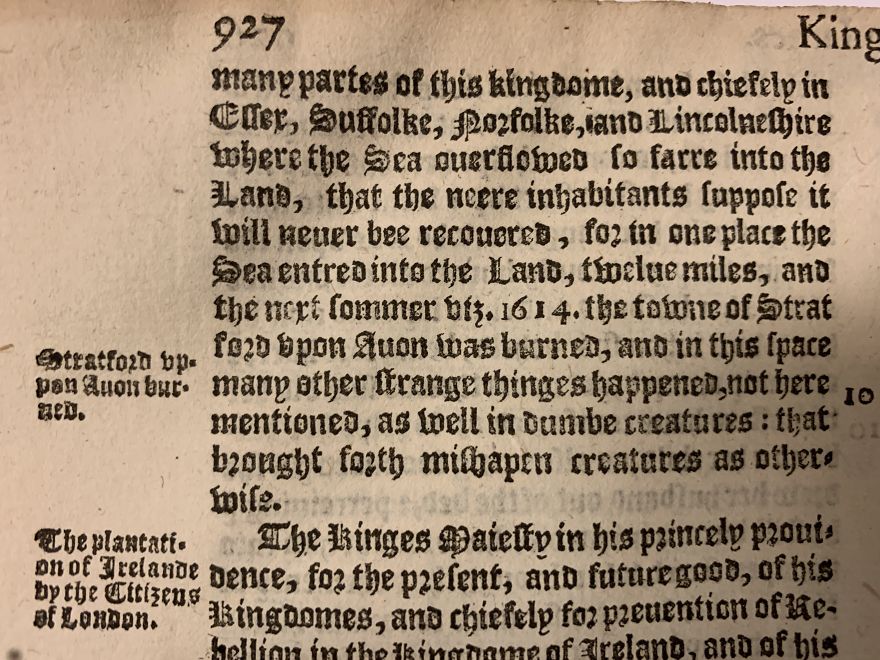
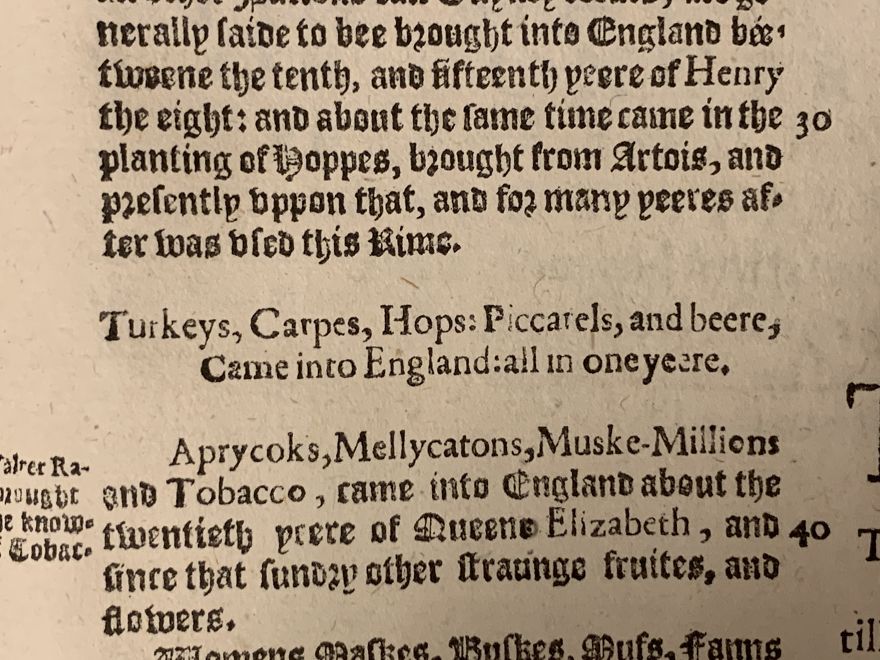
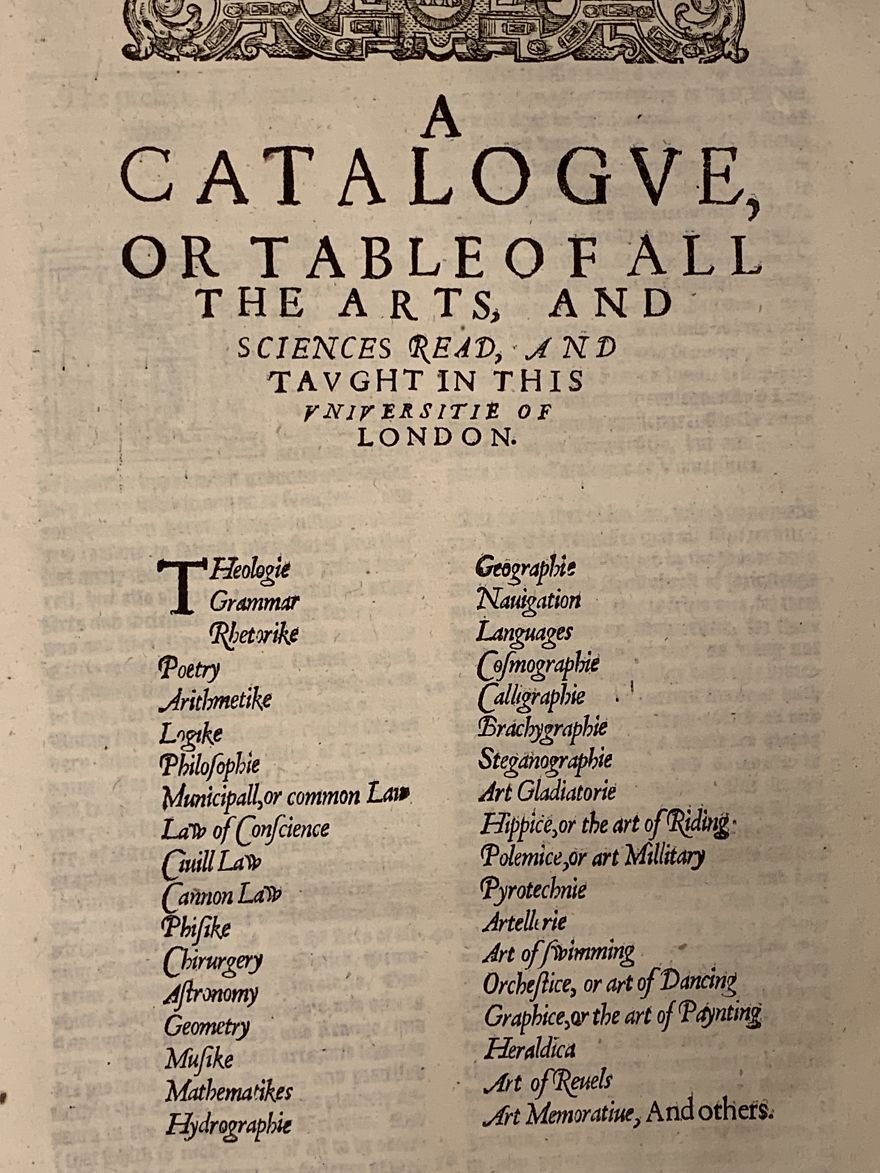
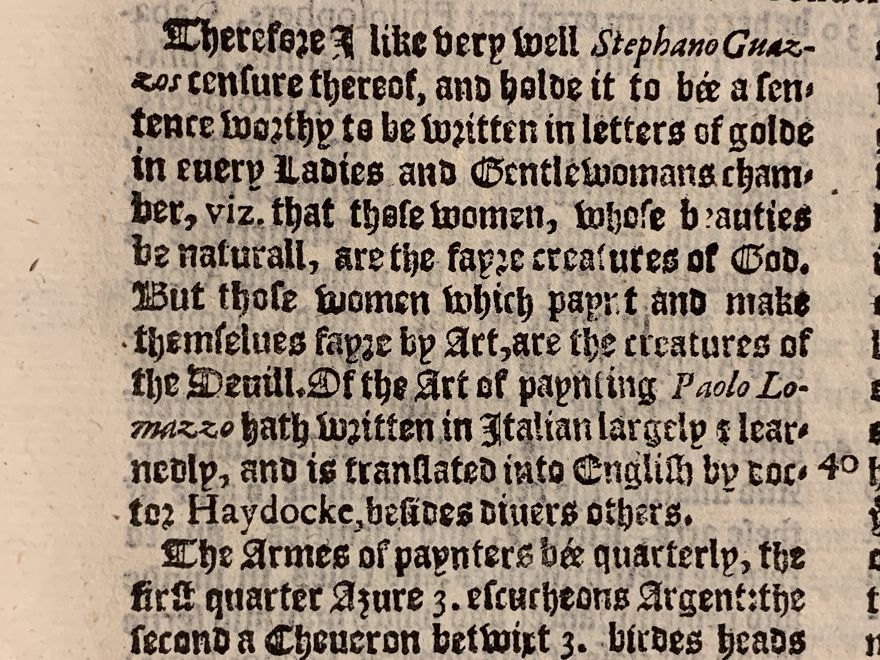









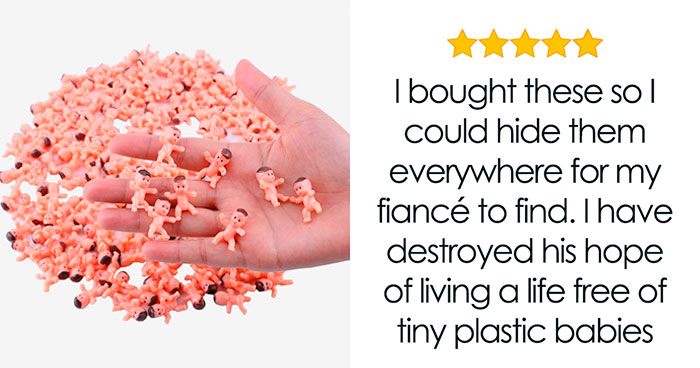






















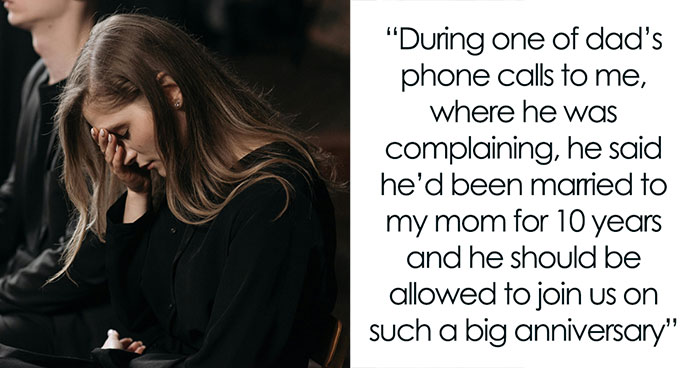
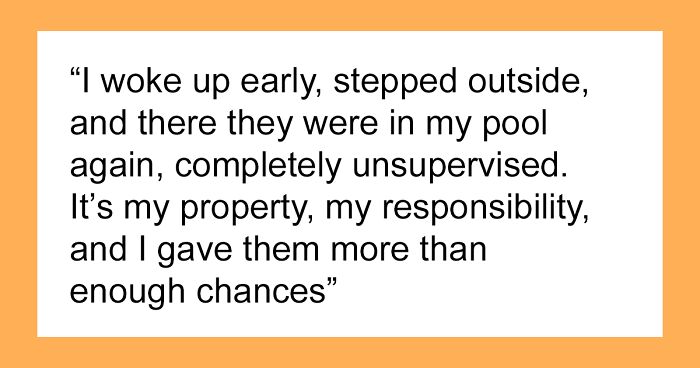










31
3